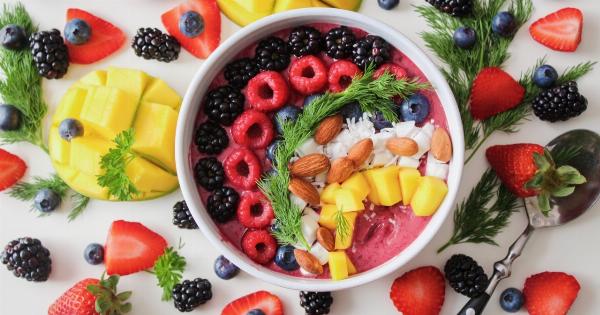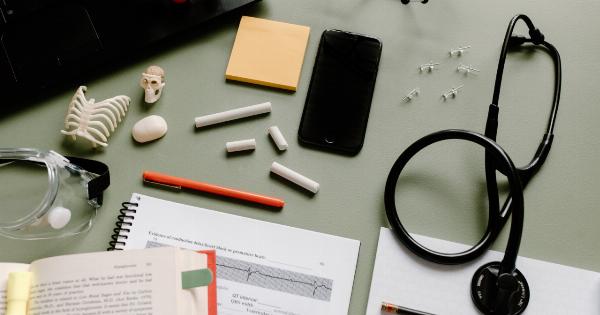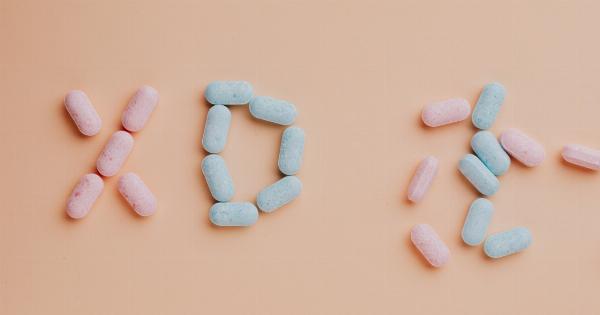A new study from the University of California, San Francisco has found that sugar cravings may be linked to brain chemistry.
The researchers discovered that the hormone dopamine, which is associated with pleasure and reward, may be the reason why people crave sugar. The study involved mice, but the researchers believe that the findings may also be applicable to humans.
The Study
The researchers gave mice two types of sugar: sucrose and glucose. Sucrose is a complex sugar that is found in many processed foods, while glucose is a simple sugar that is found in fruits and vegetables.
The mice were allowed to choose between the two types of sugar, and the researchers found that they consistently chose sucrose over glucose. This suggests that the mice were experiencing more pleasure and reward from the sucrose, even though both types of sugar contain the same amount of calories.
The researchers then showed that when the mice ate the sucrose, there was an increase in dopamine release in a part of the brain called the striatum.
The researchers also found that when they blocked the dopamine receptors in the mice, the mice stopped preferring the sucrose over the glucose. This suggests that the dopamine release was responsible for the mice’s preference for sucrose.
What Does This Mean for Humans?
The researchers believe that the findings of their study may also be applicable to humans. Dopamine is known to play a role in addiction, and some researchers believe that sugar addiction is a real phenomenon.
The study suggests that sugar may be addictive because it triggers the release of dopamine in the brain, much like other addictive substances do.
The researchers caution that more studies are needed to confirm their findings in humans, and to determine whether sugar addiction is a real phenomenon.
However, they believe that their study provides important insights into why people crave sugar, and may lead to new treatments for sugar addiction.
How to Reduce Sugar Cravings
If you’re trying to reduce your sugar intake, there are some things you can do to help reduce your sugar cravings:.
1. Eat a Balanced Diet
Eating a balanced diet that is rich in protein, healthy fats, and fiber can help reduce sugar cravings. These nutrients help you feel full and satisfied, reducing your need for sugary snacks.
Focus on eating whole, nutrient-dense foods like fruits, vegetables, whole grains, lean protein, and healthy fats.
2. Avoid Processed Foods
Processed foods are often loaded with sugar, and can make your sugar cravings worse. Try to stick to whole foods as much as possible, and avoid foods that come in packages or have a long list of ingredients.
3. Get Enough Sleep
Lack of sleep can disrupt your hormones and make you more prone to sugar cravings. Aim for 7-9 hours of sleep per night to help keep your hormones in check.
4. Try Mindful Eating
Mindful eating involves paying attention to your food and eating slowly and intentionally. This can help you become more aware of your body’s hunger and fullness signals, and reduce your need for sugar.
5. Use Natural Sweeteners
If you do have a sweet tooth, try using natural sweeteners like honey, maple syrup, or stevia instead of refined sugar.
These sweeteners have fewer calories and a lower glycemic index than sugar, which means they won’t spike your blood sugar levels as much.
The Bottom Line
The new study from the University of California, San Francisco suggests that sugar cravings may be linked to brain chemistry.
The researchers found that the hormone dopamine is responsible for the pleasure and reward associated with sugar, and that blocking dopamine receptors can reduce sugar cravings in mice.
While more research is needed to confirm these findings in humans, there are things you can do to help reduce your sugar cravings, including eating a balanced diet, avoiding processed foods, getting enough sleep, practicing mindful eating, and using natural sweeteners.






























